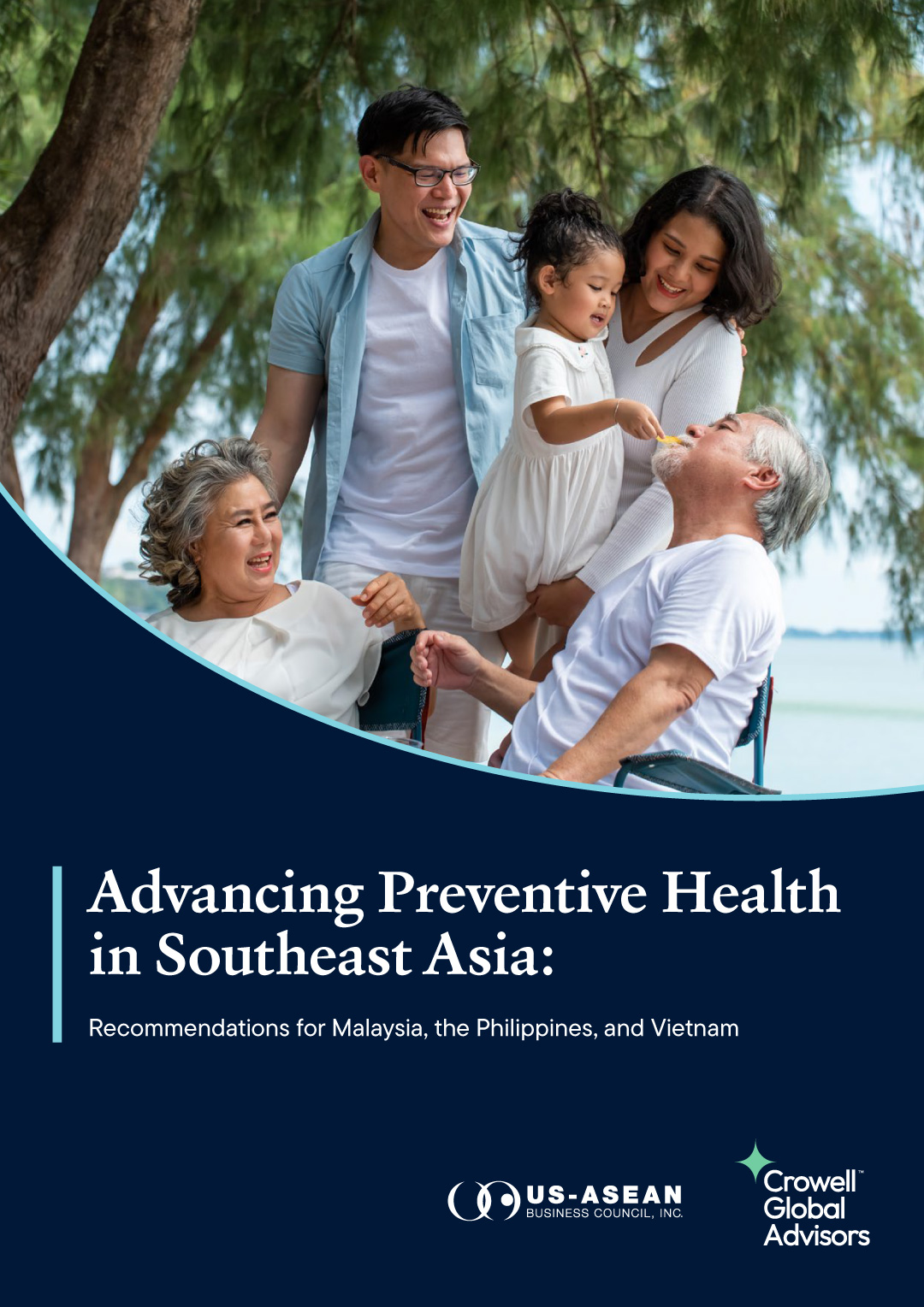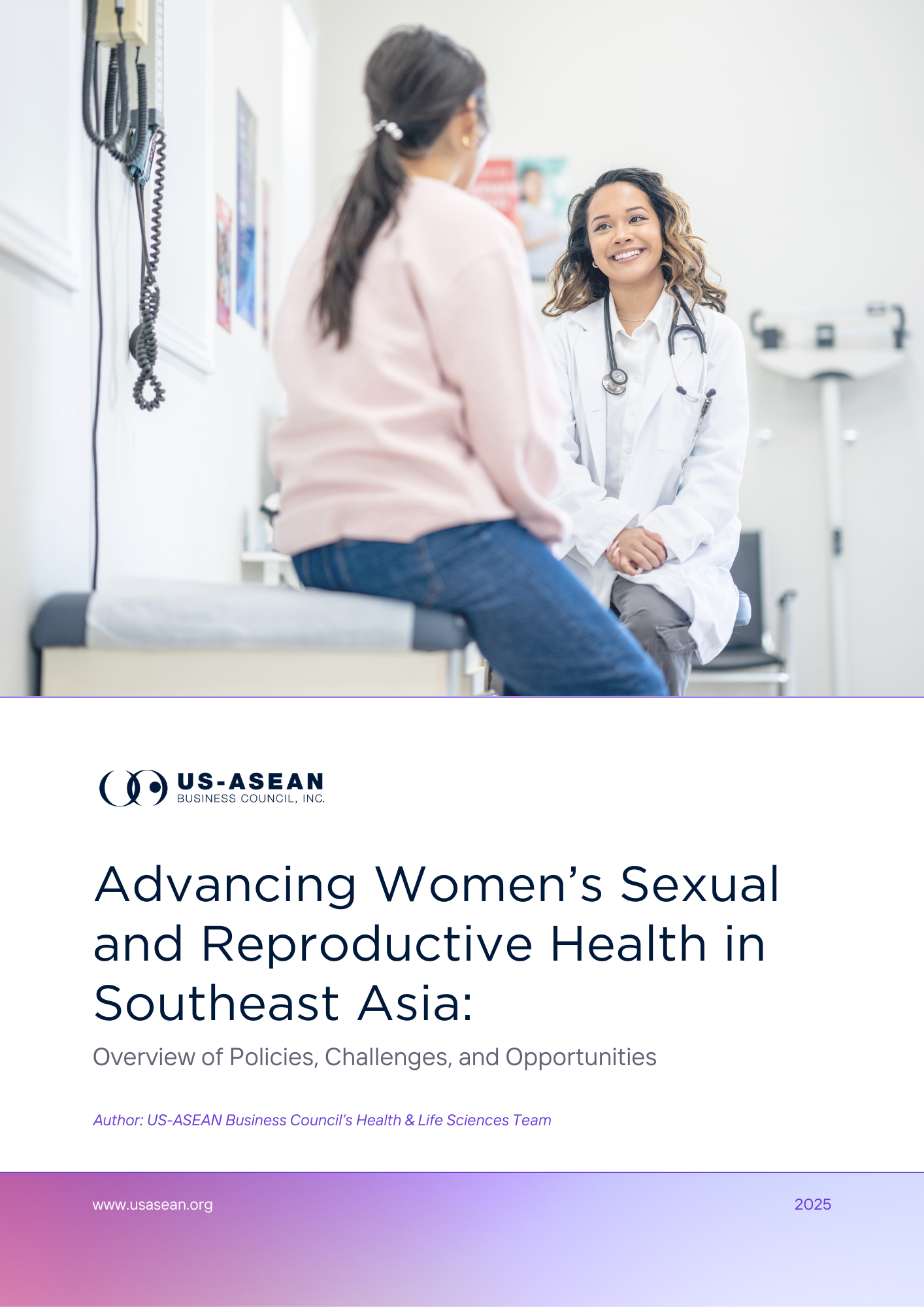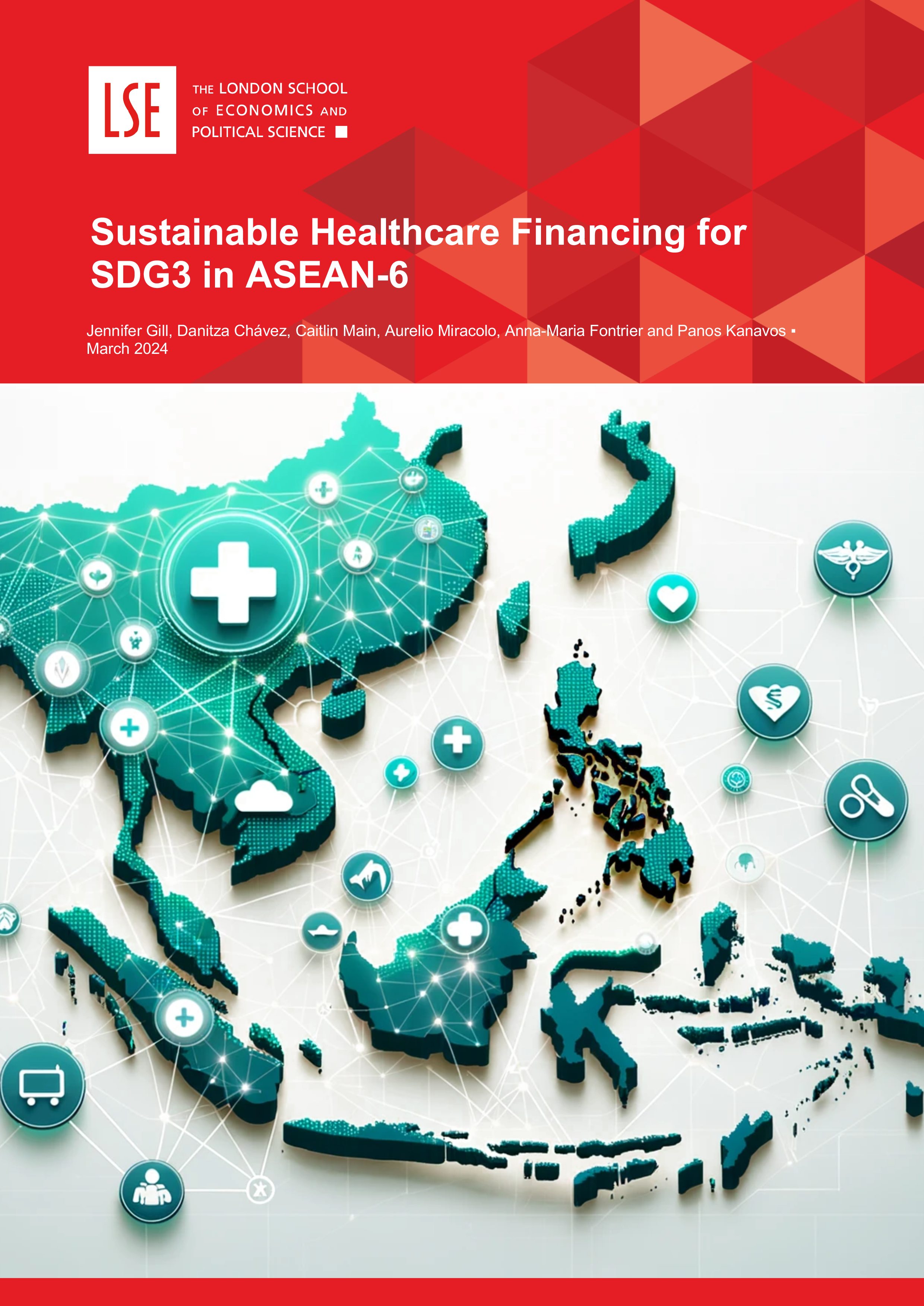Malaysia Ministry of Health Revises Mask Mandate on Public Transport, Health Facilities

The Ministry of Health officially lifted the mask mandate on public transport and in healthcare venues on June 29th. Health Minister, Dr. Zaliha Mustafa, stated that the decision to revoke the mandate was informed by the announcement of the end of global emergency status of COVID-19 by the World Health Organization last month and by assessment of COVID-19 case containment in local areas. Mandatory mask-wearing will now only apply to those who test positive for COVID-19 and healthcare workers in contact with them in compliance with existing infection prevention and control practices as outlined by the Standard Operating Procedure (SOP) of the Ministry of Health. As mass gatherings occur for state elections and Hijri New Year celebrations, immunocompromised individuals are still encouraged to wear masks in crowded areas with limited ventilation. As Malaysia entertains the possibility of tourism as a remedy for economic disarray, the lifting of COVID-19 restrictions such as the mask mandate could be of help. With the assurance of sufficient safety from COVID-19 as demonstrated by the revocation of the mask mandate, potential visitors are likely to engage more with Malaysian merchants and enterprises in in-person settings which will provide the weak ringgit with a necessary commerce boost.
Ringgit Reaches Seven-Month Low
The Malaysian ringgit reached a seven-month exchange low in the final week of June despite recent interventions by Bank Negara Malaysia to curtail losses. Economists attribute this persistent depreciation to a combination of domestic and international factors unfavorable to increasing investment and exports. Numerous international debt crises have notably muted China’s presence in international market spaces and have caused significant revenue losses for Malaysia. Considering China’s status as the largest consumer of Malaysian exports, the ringgit would be susceptible to the negative impacts of a labile renminbi. In addition, as prices decline globally for some of Malaysia’s primary exports such as palm oil, trade losses have added to the governments fiscal deficit. Demand for Malaysian exports has decreased due to “austerity” related deficit reduction actions in some western markets and interest rate increases amidst inflation concerns abroad. Both the deficit and the increased costs of living from the weakened exchange position of the ringgit will be points of contention for voters as state elections begin in the coming month. Deputy Finance Minister, Datuk Seri Ahmad Maslan, has called attention to a potential remedy for the state of the ringgit in the form of tourism. Prime Minister Anwar recently announced the government’s preparations for the approval of chartered flights to Malaysia in an effort to restore tourist arrivals to their pre-Covid state. Maslan anticipates a significant revenue boost in the near future as these approvals take effect. He speculates that as tourist demand for the ringgit increases, the currency’s international competitiveness will also improve.
Indonesia-Malaysia Joint Mission to the EU to Discuss Deforestation Law
Indonesia and Malaysia have delayed a joint mission to the European Union to advocate for local palm oil producers and discuss potential amendments to the bloc’s Deforestation-Free Products Regulation. As of May 16, enterprises registered in EU member nations will be barred from importing various agricultural products—including palm oil—without proof of production on land subject to deforestation regulations implemented in 2020 or after. Indonesian Coordinating Minister for Economic Affairs, Airlangga Hartarto, has stated that the EU has limited market access to large, multinational corporations with the financial underpinnings to afford the extensive deforestation screening mandated by the regulation. Malaysian Deputy Prime Minister and Minister of Plantations and Commodities, Fadillah Yusof, has asserted that the regulation places “punitive and unfair” restrictions on the export capabilities of small palm oil producers who may not be able to provide sufficient proof of deforestation-free production. The Indo-Malaysian collaboration efforts resulting from the EU import ban have precipitated further dialogue regarding territorial disputes in the Sulawesi Sea and Straits of Malacca. As of the first week of June, Prime Minister Anwar and President Widodo have signed agreements declaring the end of these disputes with the aim of strengthening the relationship of their nations as they prepare to eventually engage with EU leaders to discuss the ban.








